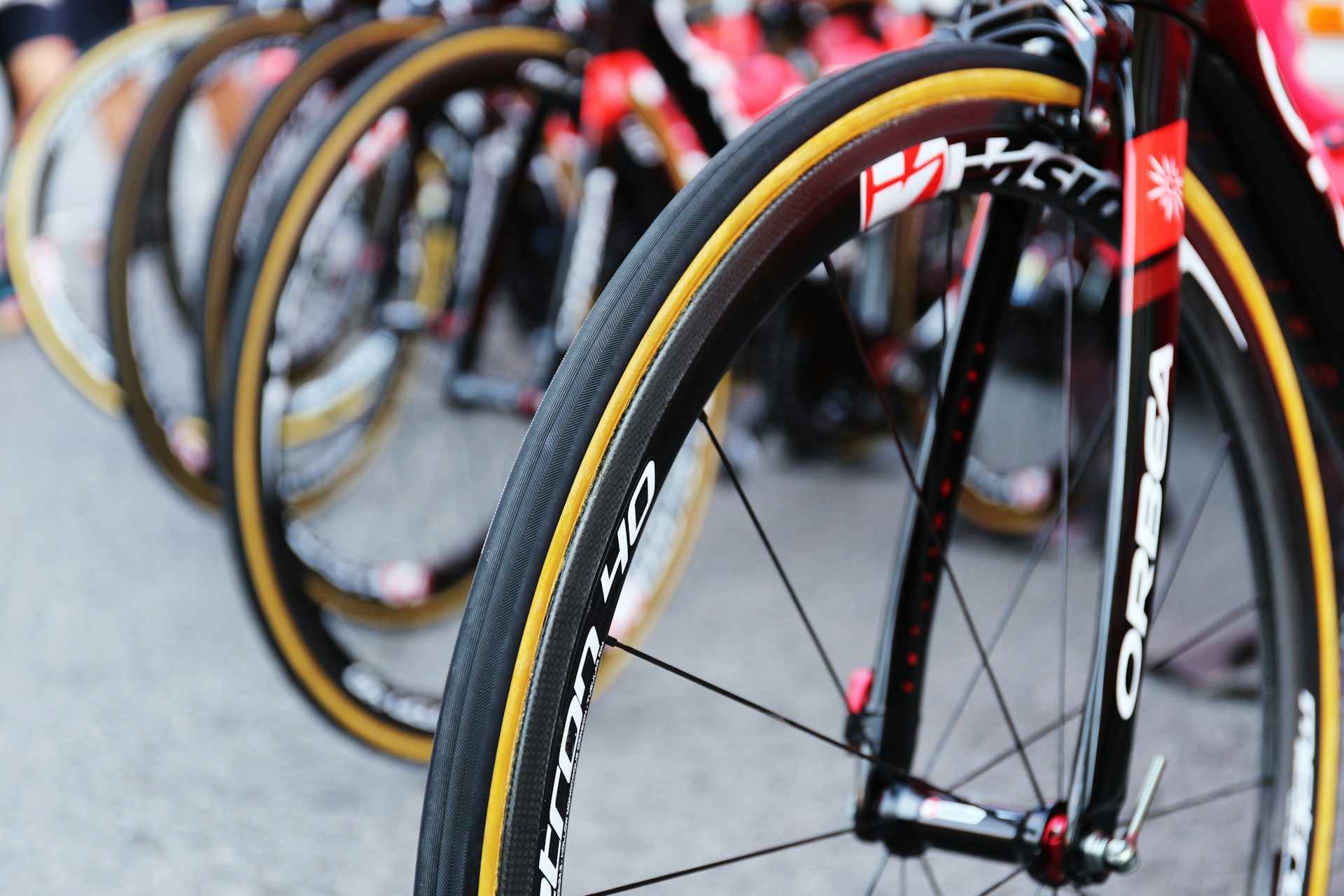World News
Paris Olympics Women’s Triathlon Turns into Battle against Extreme Weather

Clear Facts
- Extreme weather conditions, including heavy rainfall and high heat, wreaked havoc during the women’s triathlon at the Paris Olympics, leading to multiple athletes crashing during the cycling portion.
- Athletes such as Guam’s Manami Iijima, Brazil’s Vittoria Lopes, Germany’s Lisa Tertsch, and Belgium’s Jolien Vermeylen were among those who fell, and Norway’s Lotte Miller withdrew from the race following multiple crashes.
- Despite a $1.4 billion effort to clean the Seine River for the event, persistent rains churned up pollution, causing the race to be postponed. The decision to proceed with the race was eventually taken, fearing the impact of further delays.
This year’s Olympic triathlon in Paris was as much a test of survival as endurance. Torrential rain transformed the cycling stage into a spectacle reminiscent of a demolition derby rather than a competition. The usually elegant display of athletic prowess in the women’s triathlon was marred by these treacherous conditions, causing a series of crashes that left spectators and athletes in shock.
The combination of stifling heat and unrelenting downpour caused chaos among the competitors, resulting in uncontrollable riders skidding and crashing. Among these were athletes Manami Iijima of Guam, Vittoria Lopes of Brazil, Lisa Tertsch of Germany, and Jolien Vermeylen of Belgium, all of whom experienced severe falls.
“I don’t really have any words for the last two hours that we just experienced,” said Australian triathlete Sophie Linn. “That was every single possible adverse weather condition, a high current, rain, heat, humidity like it was just everything and the crowds.”
The adverse conditions prompted Norway’s Lotte Miller to withdraw from the competition after several crashes, a decision that underscores the severity of the situation.
Adding to the challenges were issues surrounding the Seine River, the planned venue for the swimming portion of the triathlon. Despite a massive $1.4 billion clean-up effort, persistent rain stirred up pollution, causing a postponement of the race.
“It was like it was a really weird video game I just played,” remarked Sophie Linn. “I think we got more dirty on the bike [than in the water], to be honest, from all the water coming up off the road. I tried to really ensure that the position within the pack was always near the front to avoid any crashes.”
Despite the threat of further delays, the decision to proceed with the race was taken. Unfortunately, the cycling portion was not spared from the adverse impact of the heavy rain, resulting in a triathlon that will be remembered more for its mishaps than its triumphs.
Let us know what you think, please share your thoughts in the comments below.
